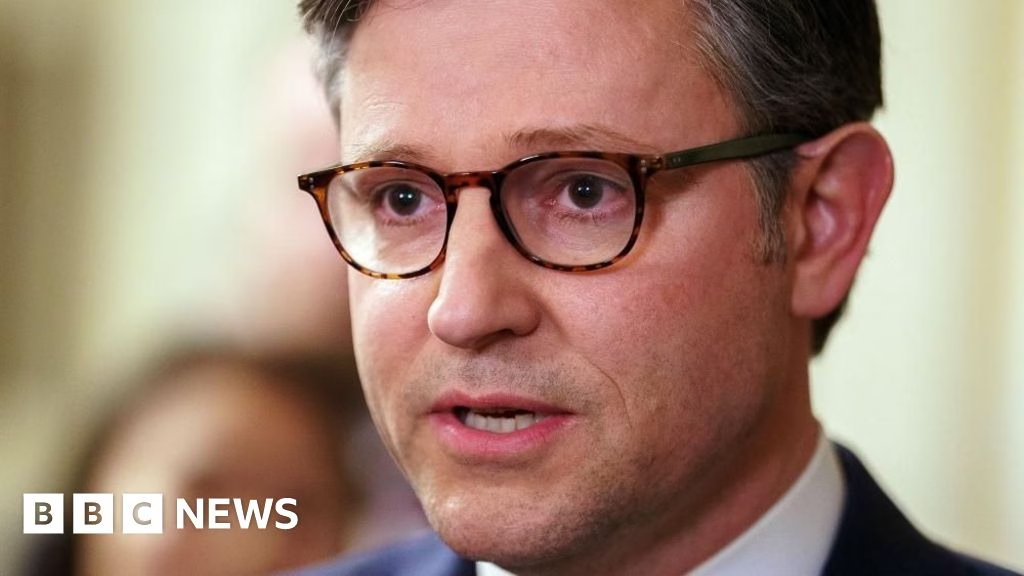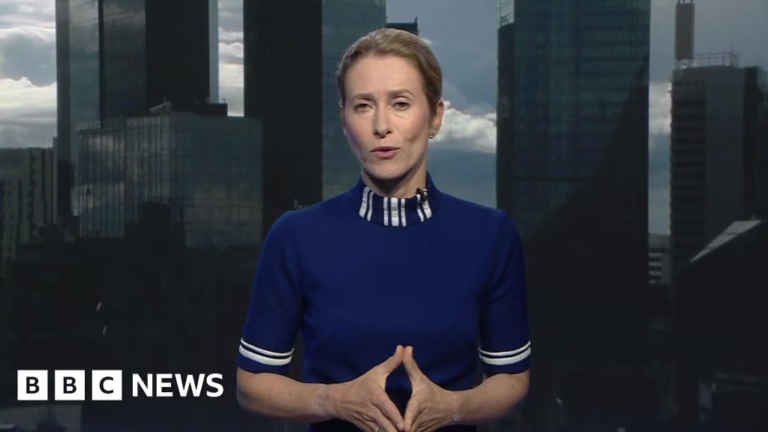The US House of Representatives’ Republicans managed a narrow passage of a massive government spending bill on Tuesday. This victory significantly benefits President Donald Trump and advances his agenda aiming for 2025. The vote of 217-215 turned out to be a critical early trial for GOP House Speaker Mike Johnson, who had initially postponed a vote due to insufficient support.
Several Republicans had advocated for greater fiscal restraint from a budget originally containing $4.5 trillion in tax cuts, to be partly funded by spending cuts as well as a possible enlargement of the US government’s already significant debt. Nevertheless, the bill passed along party lines, opposed by all Democrats and only one defying Republican, Thomas Massie from Kentucky, who is known as a fiscal conservative calling for deeper spending cuts. One Democrat abstained from voting.
Massie’s opposition notwithstanding, the House’s proposed budget aims at $2 trillion in spending reductions over ten years to fund Trump’s policies. This includes over $100 billion in fresh expenditures on immigration enforcement and the military, along with extensions of the tax breaks enacted during Trump’s first term.
However, the spending plan must undergo several stages to become law. It will need to merge with another budget currently under consideration in the US Senate through reconciliation. Moreover, even if both chambers eventually agree on a spending plan, myriad finer details will have to be negotiated before the measure can be sent to President Trump for his signature.
Before Tuesday’s vote, Republican leaders had postponed proceedings due to doubts about garnering sufficient support. Speaker Johnson and the second-highest-ranking House Republican, Steve Scalise, spent hours persuading indecisive party members to back the proposal, which includes not only tax cuts but also funding for border security, deportations, and military operations. Trump made personal calls to some of these hesitant lawmakers, a fact both Republican leaders acknowledged.
“The Trump administration played a role in swaying several undecided members,” Scalise stated to the press. “They clarified many things for anybody we asked.”
The turnaround came from three of the four initially opposing members, Representatives Tim Burchett, Victoria Spartz, and Warren Davidson, who ultimately voted in favor. “This is a lot of work, but we will deliver on the America First agenda,” House Speaker Mike Johnson announced post-vote.
On the other side of the aisle, Democrats criticized the budget for giving tax cuts mainly to the affluent, which they believe would harm low-income families reliant on Medicaid. The party exerted efforts to get as many members present for the pivotal vote, including Representative Brittany Petterson, who came in with her child while on maternity leave.
The Senate will be under pressure to address the House’s spending framework as President Trump has endorsed it. Despite the introduction of their distinct bill last week, there is a push to conform to the approved House version.
Source: https://www.bbc.com/news/articles/cp9yx7e13ryo








